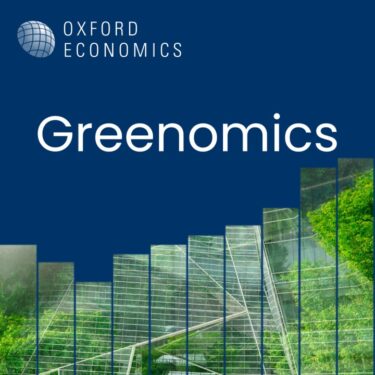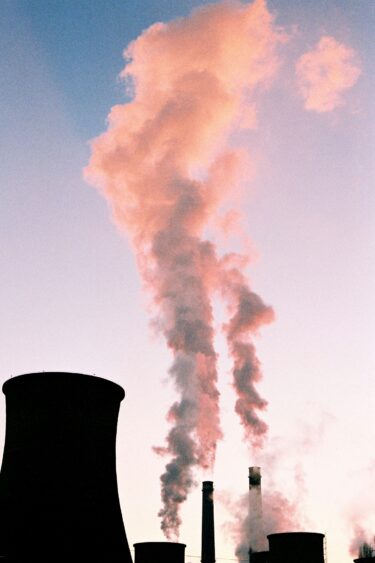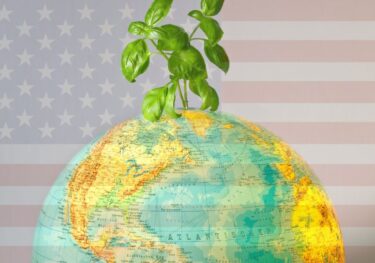Recent Release | 08 Dec 2023
German Fashion Environmental Footprint

Economic Consulting Team
Oxford Economics

This report, following Oxford Economics’ work that estimated the economic impact of the German fashion industry, looks at the global environmental footprint that the industry has in terms of emissions, pollution and resource usage.
Germany is one of the largest markets for fashion in the world and is home to several of the world’s top fashion brands such as Adidas, Puma and Hugo Boss. As such, trends and practices in the country’s fashion industry have a significant environmental impact that reaches across the globe.
Following on from our recent study on the economic impact of the German fashion industry, this report provides the first comprehensive look at the environmental impact of the industry. We look at its footprint through five important variables: greenhouse gas (GHG) emissions; energy use; air pollution;
water use; and agricultural land use.
Building a detailed understanding of these existing impacts is an important step towards managing and mitigating them in the future. In this report, we assess the impact of the industry in 2019, before the effects of the COVID-19 pandemic, which severely reduced output across many sectors of the world economy. In this report, we have considered the impact of the operations of fashion brands and retailers within Germany, as well as the global impact of clothing and footwear sold in Germany but manufactured elsewhere.
The expert behind the research
Our Economic Consulting team are world leaders in quantitative economic analysis, working with clients around the globe and across sectors to build models, forecast markets and evaluate interventions using state-of-the art techniques. The lead consultant on this project was:

Rob Harbron
Associate Director, Economic Impact
Tags:
Recent related reports

The Green Leap – Project bankability takes centre stage
The report argues that enhancing project bankability should become a main policy priority as part of climate investment endeavors.
Find Out More
What does the critical minerals boom mean for Africa? | Greenomics podcast
As demand grows for critical minerals like cobalt, copper, and lithium, African nations are navigating opportunities and risks—from boosting local employment to managing geopolitical tensions and environmental concerns.
Find Out More
Toward a global carbon pricing system
Fragmented carbon markets and the risk of carbon leakage are jeopardizing progress toward global net-zero targets. A major challenge lies in the lack of coordinated policies to align around a unified carbon price. Oxford Economics, in a study for the Hinrich Foundation, highlights how regional carbon markets could offer a practical path toward more effective global pricing.
Find Out More
Trump 2.0: US climate policy in retreat
From executive orders to federal lawsuits against state-level climate policies, the Trump administration has acted with urgency to reverse the low-carbon momentum built under President Biden.
Find Out More